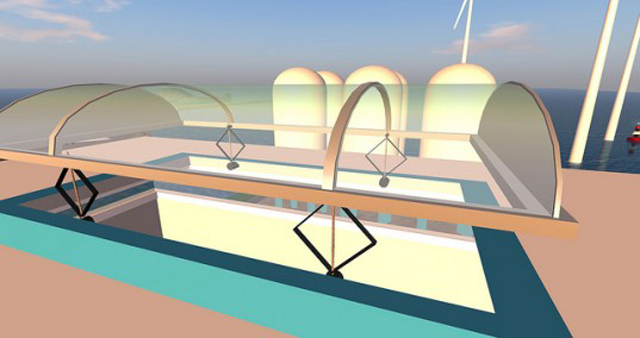An efficient and clean way to access water
For the many countries that are facing drought and dry conditions, access to clean and safe drinking water is a top priority. To answer this need, designers from the European team, CORDIS, have developed a desalinization process that utilizes solar power, is highly efficient and low cost.
Current desalinization systems pressurize salt water to force it through a processing system. This set up uses a lot of energy and it can be very expensive. The new design uses an Organic Rankine Cycle (ORC) and solar cells. An ORC is a thermodynamic cycle. It uses low temperature waste heat and converts it to another type of energy.Solar panels will supply the ORC with heat, the ORC will produce mechanical energy to pressurize salt water, thus turning it into clean and safe drinking water.
The team also developed a stand-alone desalinization system for a new initiative, RO-Solar-Rankine project. This system will be more efficient and will not require energy storage.
The design team has also researched environmental and socioeconomic impacts and has come up with a plan to market this new design. With the use of this system, countries that have a low supply of water and a high supply of heat and thus solar energy, can ensure access to safe drinking water.






There are many filtration methods in the market but I would prefer the reverse osmosis is the better choice, it has pore hole size up to 0.0001 microns, is the most economical method of removing 90% to 99% of all the contaminants, which produces the cleanest water for drinking.